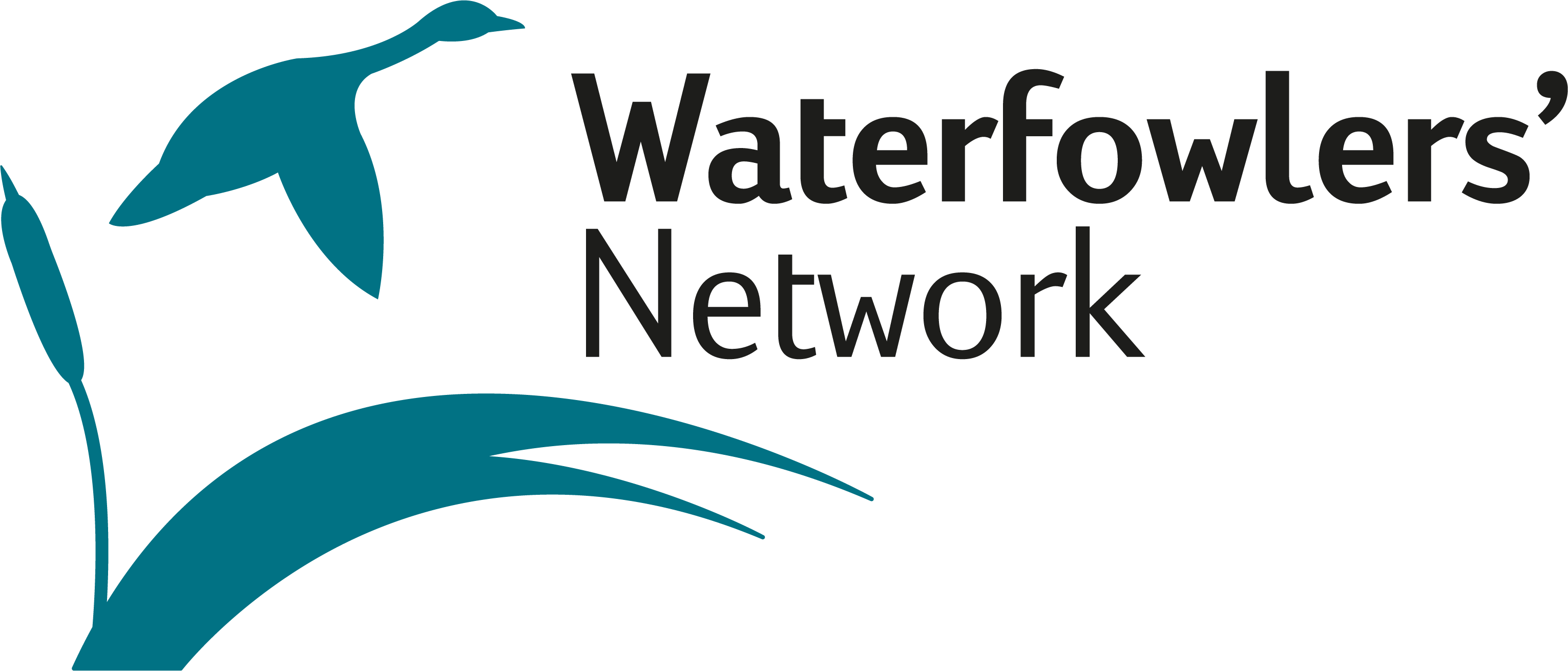First presentation of results at international symposium 27th October 2022
After a long wait caused by the pandemic, the 6th Pan-European Duck Symposium was finally held in Coimbra, Portugal, in late September 2022. The first results of the Duck Nest Monitoring Project run by Waterfowlers’ Network were presented during the poster sessions.
By Heather Warrender, BASC & Iben Hove Sørensen, Waterfowlers’ Network
The Pan-European Duck Symposium (PEDS) was held as a three-day conference with an impressive number of duck scientists presenting their work during talks and poster sessions. Topics ranged from migration routes and diseases to seed dispersal by waterbirds, with study species including both threatened species like Marbled Teal and more numerous and widespread species such as Mallard.
One of the conference days was specifically tailored for presentations and studies relevant to hunters, and the day was initiated by an inspiring talk from Niels Kanstrup (DK) on the transition to lead-free ammunition. Later the same day, Fred Johnson (USA) gave a talk on Adaptive Harvest Management - a topic of increasing importance to the hunting community.
On behalf of the Waterfowlers’ Network Duck Nest Specialist Group, Heather Warrender from BASC presented the first results of the Duck Nest Monitoring Project during the poster sessions. The results and our project sparked a lot of engagement from the conference participants, and Heather returned with lots of new ideas on how we can improve and expand the work.
The Waterfowlers’ Network was also represented at the PEDS by Iben Hove Sørensen who presented the preliminary results from a Swedish-Danish collaborative project studying migratory seaducks.
The symposium was attended by around 50 people and served as a great opportunity to showcase the Waterfowlers’ Network and the work we have done to date.
